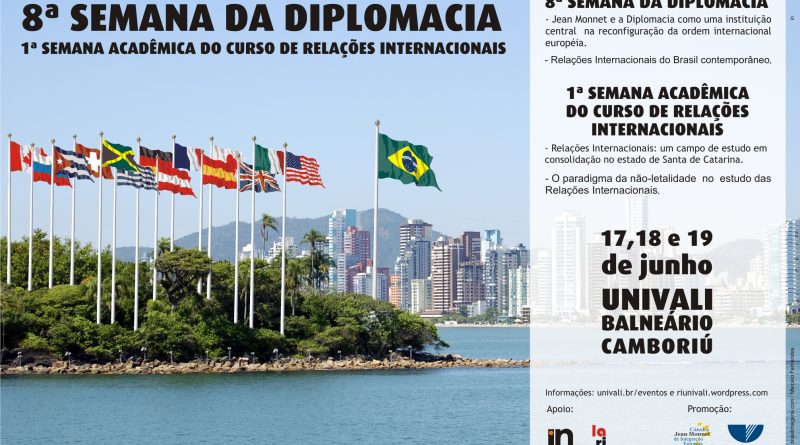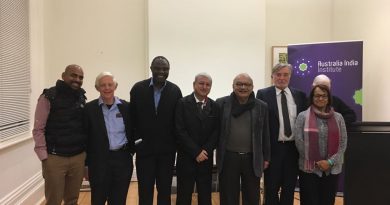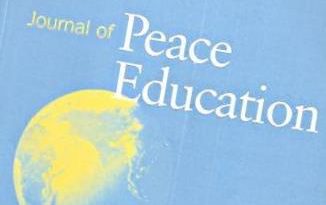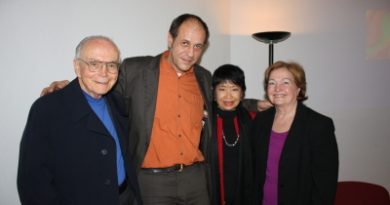Nonkilling Diplomacy Explored in Brazil
The Center for Global Nonkilling was present at the 8th Week on Diplomacy, organized by by the the Jean Monet Chair on European Integration and the International Relations Laboratory at the Itajaí Valley University (Univali), Brazil. CGNK leadership team member Joám Evans delivered a lecture under the title “Is a nonkilling paradigm in international relations possible?” on June 18th, followed by a long debate.
Ambassador Abelardo Arantes Júnior will open this academic event, that will also include seminars on Latin American economy, the expansion of the European Union, Jean Monet’s legacy and Esperanto as an international language. The Itajaí valley University Univali) is one of the largest higher education institutions in Brazil. Located on the central northern coast of the State of Santa Catarina, it has campuses in the towns of Itajaí, Balneário Camboriú, Biguaçu, Balneário Piçarras, São José and Tijucas. CGNK and Univali will be examining an active partnership to establish a research group on nonkilling involving the university’s faculty.
An Interview with Joám Evans Pim in Itajai, Brazil
Web Reporter: Thomas A. Fee
Joám Evans Pim recently was interviewed by Thomas A. Fee, CGNK-USA correspondent via Skype. Leadership Team member Joám Evans Pim was a featured speaker at the Universidade do Vale do Itajaí (UNIVALI) Santa Catarina, Brazil. The topic was “Is a Nonkilling Paradigm in International Relations Possible?” to a group of approximately 80 international relations students, faculty and guests at UNIVALI. Some of these ideas will also be explored next month at the 21st World Congress of Political Science Congress, 2009, in Santiago, Chile. A 90 minute presentation and conversation about the possibility of a nonkilling Brazil, a nonkilling world ensued. Evans said “most of the participants agreed that if the structural conditions that support lethality were overcome, nonkilling would possibly become a reality.” He stated that there was a general consensus on this point and emphasized that “no one argued on biological, psychological, or cultural grounds.”
An area for researchers, educators and policymakers to consider is Evans Pim’s comment that “in countries where there are no such levels of extreme poverty or depravation we move to philosophical grounds to argue for the inevitability of killing (biological, etc.).” When asked to compare countries where he has lived, he went on to say “here (in Brazil), people see that if these social issues were resolved, violence would be reduced for sure… so why not reduce to the level of no killing at all?”
When CGNK asked about what the outcomes of the lecture at UNIVALI were, he noted “even more surprising was the reaction of the coordinator of the faculty who was captivated by the idea; and he’s going to prepare a chapter on the death penalty in the world (an issue he had already addressed in his Master’s thesis) and a chapter on the death penalty in Brazil for the upcoming “Nonkilling Brazil” book to be developed at the Federal University of Pernambuco, Brazil.” Another result was a proposal to develop some kind of research group focused on nonkilling. Consideration of the significance of nonkilling will be factored into the redesign of the curriculum for the International Relations degree, that could include the first university course on nonkilling in the world.




